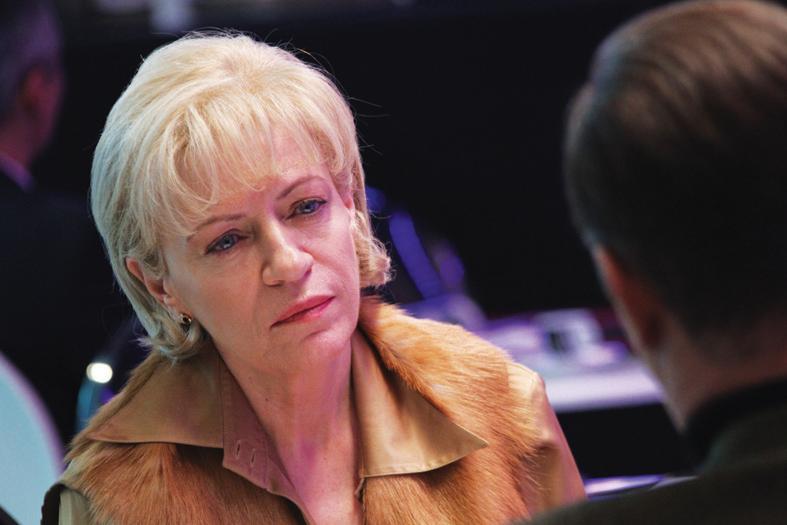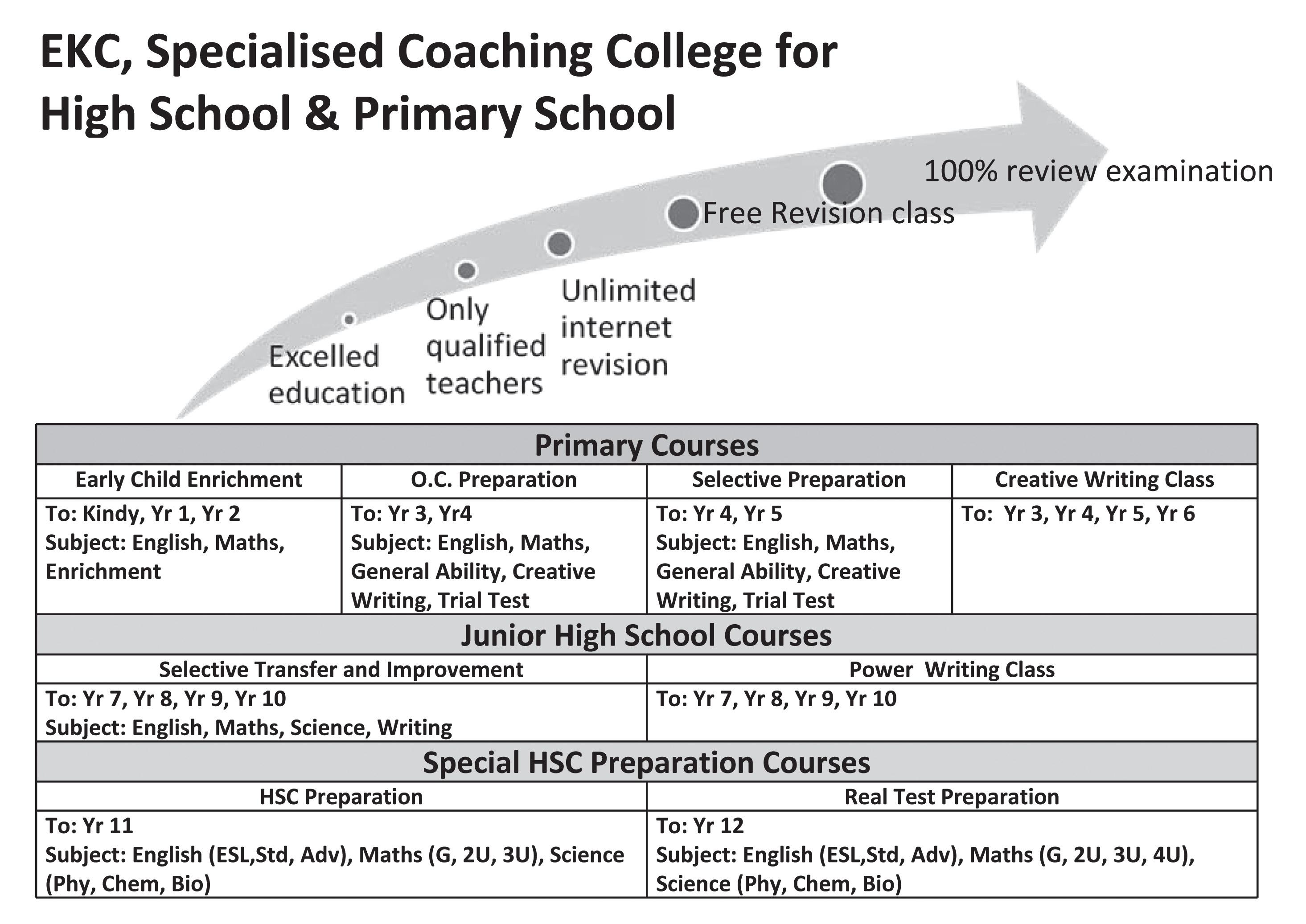
3 minute read
lots of soul food, but not many Indian takers
from 2013-06 Sydney (2)
by Indian Link
Once again, the Sydney Film Festival had a varied and enticing menu on offer, but lacked the subcontinent audience food for their souls?
What were the highlights?
BY DARSHAK MEHTA

the 60th Sydney Film Festival which concluded over the weekend of June 15-16 screened approximately 155 movies.
Yours truly (and, Mrs Truly!) were fortunate to see about 35 of them in an 11-day marathon test of stamina and sanity.
Some of the movies were highly challenging and/or bleak. Not to mention, confronting. Others were uplifting, entertaining and even inspiring. It was the usual gamut of festival cinema.
One of them (Only God Forgives) caused us to walk out in repulsion at the highly gratuitous, sadistic and sickening violence on offer.
To see it get the Jury Prize as the best competition movie of the festival is extremely disappointing. That it will polarise audiences when released commercially, is a certainty.

Though there were a handful of Indian movies screened, it is dispiriting to see the continuing lukewarm response of the Indian community in Sydney to serious cinema. Fortunately, local Australians attended in droves. One is hard-pressed to explain why a proud and sensitive (at least to public criticism!) ethnic minority which feels mightily miffed when ignored, does little to support the propagation of their culture and “soft power”. It would be difficult to demand more Indian movies of the organisers of the Sydney Film Festival in the future, if there is such woeful patronage of the movies screened.
In stark contrast, when we went to see a couple of Iranian movies, their community’s support for movies from their homeland was enthusiastic.
Maybe, Indians are too industrious for their own good and have deferred the need of
The Audience choice award winner The Past from Iranian master, Asghar Farhadi, was certainly one. It starred Berenice Bijo who won the Best Actress award at this year’s Cannes Film Festival. It is sure to be commercially released in Sydney.
Another standout Iranian film was Pardé (Closed Curtain) by the highly acclaimed director, Jafar Panahi.
The Act of Killing, a powerful re-enactment of the Sumatran genocides of the mid-‘60s, from documentarian Joshua Oppenheimer, was my favourite. Man’s inhumanity to man knows no bounds and this doco was a disturbing reminder.
An engrossing movie, set in Romania, Child’s Pose featured Luminita Gheorghiu. She gives a sensational portrayal and overall it was a riveting cinematic experience. It is easy to see why it won the Golden Bear at the Berlinale.
You will not regret seeing Wadjda, the first ever film shot entirely in Saudi Arabia, or The Rocket, a charming story set in Laos, which warmed the hearts of audiences.
The Indian films screened were:
• Ship of Theseus, directed by Anand Gandhi (who was also a member of the jury)
• Algorithms, a touching documentary of three young, talented (though blind) young chess champions
• Monsoon Shootout, in the crime genre, set in the Bombay underworld and starring the ridiculously talented Nawazuddin Siddiqui. From all accounts, rundon’t walk, to see this entertainer, if it is released here, or get it on DVD.
This correspondent was not fortunate enough to see the above due to scheduling clashes of other movies.
Deepa Mehta directed Midnight’s Children based on the Salman Rushdie book. Rushdie adapted and wrote the screenplay of his novel and also narrates the story.

After a promising beginning, the movie flags and ultimately flounders. The novel was never going to be easy to film, though. The movie is worth seeing for the sumptuous colours and periodic details. I was certainly transported back for a while!
The contrast in the films of the two Booker Prize winning novels (Life of Pi being the other) with a sub-continental theme, is stark. Life of Pi is a far superior film, in all respects.
Char-The No Man’s Island, Sourav Sarangi’s multiple-award-winning documentary, filmed over a number of years, tracks a young boy and his family’s uncertain future due to the Farakka Dam altering the flow of the Ganga on India’s border with Bangladesh. A highly compassionate though ultimately troubling experience. Maybe, next year the Sydney Film Festival might consider publicising the Indian movies extensively, well in advance. Awareness amongst the generally cinema-loving Indian community of the Festival’s stupendous breadth certainly seems to be lacking. Ultimately, it is up to us, IndianAustralians, to try and support our culture much, much more: wherever, whenever and as often as we can.












